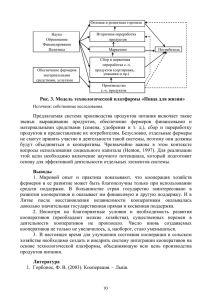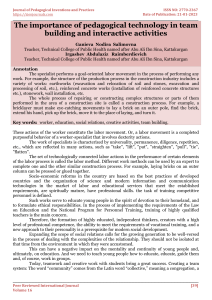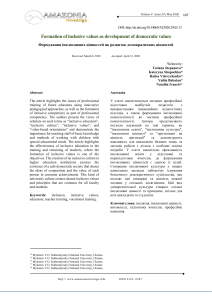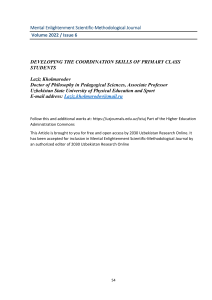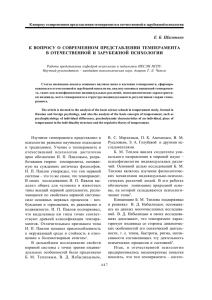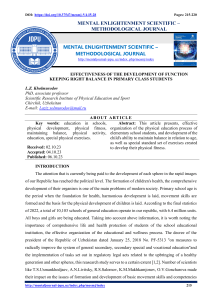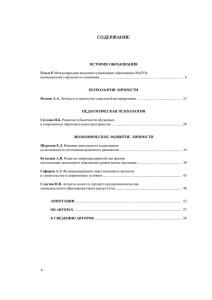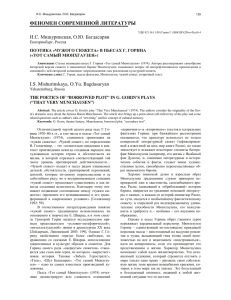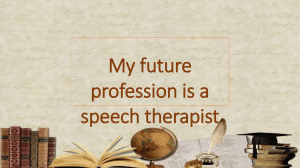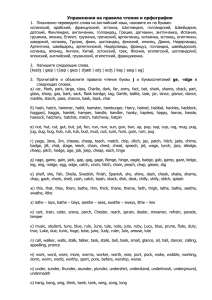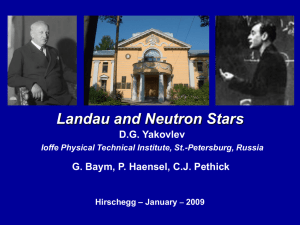времени. Нашу страну когда-то, называли самой читающей
реклама
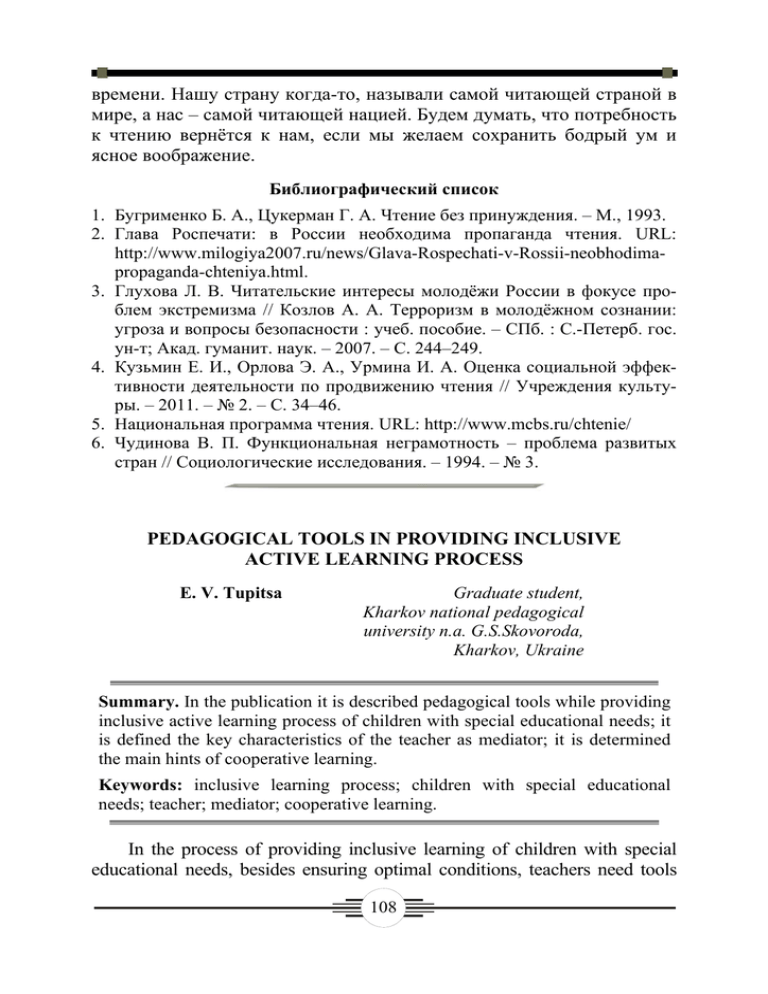
времени. Нашу страну когда-то, называли самой читающей страной в мире, а нас – самой читающей нацией. Будем думать, что потребность к чтению вернётся к нам, если мы желаем сохранить бодрый ум и ясное воображение. Библиографический список 1. Бугрименко Б. А., Цукерман Г. А. Чтение без принуждения. – М., 1993. 2. Глава Роспечати: в России необходима пропаганда чтения. URL: http://www.milogiya2007.ru/news/Glava-Rospechati-v-Rossii-neobhodimapropaganda-chteniya.html. 3. Глухова Л. В. Читательские интересы молодёжи России в фокусе проблем экстремизма // Козлов А. А. Терроризм в молодёжном сознании: угроза и вопросы безопасности : учеб. пособие. – СПб. : С.-Петерб. гос. ун-т; Акад. гуманит. наук. – 2007. – С. 244–249. 4. Кузьмин Е. И., Орлова Э. А., Урмина И. А. Оценка социальной эффективности деятельности по продвижению чтения // Учреждения культуры. – 2011. – № 2. – С. 34–46. 5. Национальная программа чтения. URL: http://www.mcbs.ru/chtenie/ 6. Чудинова В. П. Функциональная неграмотность – проблема развитых стран // Социологические исследования. – 1994. – № 3. PEDAGOGICAL TOOLS IN PROVIDING INCLUSIVE ACTIVE LEARNING PROCESS E. V. Tupitsa Graduate student, Kharkov national pedagogical university n.a. G.S.Skovoroda, Kharkov, Ukraine Summary. In the publication it is described pedagogical tools while providing inclusive active learning process of children with special educational needs; it is defined the key characteristics of the teacher as mediator; it is determined the main hints of cooperative learning. Keywords: inclusive learning process; children with special educational needs; teacher; mediator; cooperative learning. In the process of providing inclusive learning of children with special educational needs, besides ensuring optimal conditions, teachers need tools 108 which facilitate these. Tools are available on different levels: cognitive, pedagogical, institutional. Let’s describe pedagogical ones representing by teachers as mediators and cooperative learning. Teachers as mediators. The role of the teacher cannot be underestimated in creating conditions of good inclusive education. A good teacher can realize inclusion even in the absence of favourable conditions. An attitude of willingness, inquisitiveness, creativity and flexibility is crucial. A good teacher is a good mediator of thinking processes, self-esteem, feelings of competences, planning and self-regulations. More than, ever teachers need to become mediators rather than mere instructtors of knowledge and skills. This is because nowadays many modern schools are filled with children who have difficulties with self-regulating behaviour. We have referred to the epidemic increase of ADHD in Western countries. This may be due to factors in the physical environment, but more than probable there is a cultural cause. According to Jackson [1, p. 45–67], teachers have a hard time with this new generation of children who receive little mediation from their home environment. The classic teaching is enormously fatiguing. Teachers may benefit from working with a cognitive activation program, because there they learn to teach in a more process-oriented and mediating way and they become more oriented to eliciting each child’s potential. On the other hand, the modern teacher in an inclusive classroom, containing several children with special educational needs – one or two with a disability, a few gifted children and children with different language backgrounds coming from several ethnic minority – is undergoing many pressures: it look likes he or she almost needs to be a super-(wo)man. There has to be enough assistance, guidance and support to make the job feasible, as well as school work involving parents. As for cooperative learning, teachers in inclusive settings often complain they do not have the time to devote to mediating children with special educational needs. This often has to do with an underlying belief system that the teacher needs to do all teaching. But that need not necessarily be so. Cooperative learning is a pedagogical approach which is very useful in a group with widely different levels of learning speed and conceptual level. The teacher can give group tasks, while varying contributions according to the child’s particular needs [2, p. 59–78]. It is very well possible to study, for example, volcanic eruptions at very different levels, thus satisfying the needs of gifted as well as retarded children. The teacher then becomes the mediator of the group, and more instructed peers become mediators of their peers. Children can learn to become mediators to their peers. 109 Thus, analysis of teaching style in terms of mediated learning criteria is the profile of a teacher as mediator while providing inclusive active learning process. Bibliography 1. Jackson, G.E. The Cybernetic Child: How Technologies Change and Constrain the Developing Mind/ G.E. Jackson // Making and breaking children’s lives. – Ross-on-Wye: PCCS books, 2005. 2. Shamir, A., Tzuriel, D. Children’ Mediational Teaching Style as a Function of Intervention for Cross-age Peer-mediation/ A. Shamir, D. Tzuriel// School Psychology International. – 2004. УЧАСТИЕ МЕДИЦИНСКОГО КОЛЛЕДЖА В РАЗВИТИИ ВЗАИМООТНОШЕНИЙ ОБЩЕСТВА И ПРИРОДЫ Г. А. Никитина Т. А. Устьянцева Н. В. Панова А. С. Мясникова Е. В. Тихонова Ф. Р. Исламова А. Н. Забирова Биолог, биолог, врач-терапевт, студентки, Свердловский областной медицинский колледж, г. Екатеринбург, Россия Summary. There are lots of conditions for the development of independent activity skills such as project work, Green Peace actions, labour actions, excursions and cooperative work in students innovative groups which promote to form a healthy way of life in modern flexible conditions of society and natural environment. These kinds of work allow to develop their personalities and form their attitude to the surroundings to other people to themselves and then health. Keywords: Green Peace actions; cooperative work; in students. В. И. Вернадский отмечает особенность нашей исторической эпохи как переломной, переходной, судьбоносной для мировой цивилизации и жизни на Земле. Условия экономического развития муниципальных образований в нашей стране за последние годы значительно изменились, но возник ряд сложностей, которые коренятся в сознании, ценностных ориентациях и установках людей. Формирование и функционирование механизма реа110
